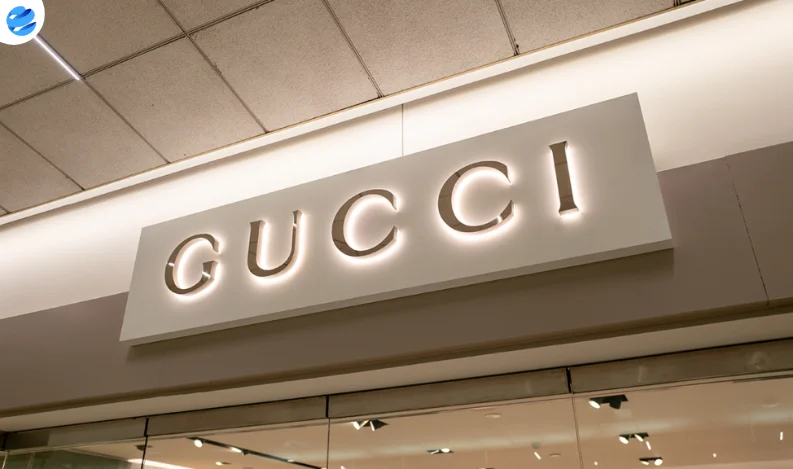French luxury group Kering announced on Tuesday that its net profit fell sharply by 46 percent in the first half of 2025, as its flagship brand Gucci continues to struggle amid ongoing restructuring efforts. Group sales also declined by 16 percent to 7.6 billion euros compared to the same period last year.
Kering’s net income dropped to 474 million euros ($547 million), down from 878 million euros in the first half of 2024. The downturn was led by a significant decline in Gucci’s performance, with the brand's sales plunging 26 percent to 3.03 billion euros. Gucci’s operating profit fell 52 percent to 486 million euros.
Gucci remains the centerpiece of Kering’s portfolio, accounting for 44 percent of total group revenue and nearly two-thirds of its operating income. However, the brand has faced challenges in reestablishing momentum in an increasingly competitive luxury market.
The company’s chairman, François-Henri Pinault, acknowledged the underperformance but expressed optimism about the future. “Though the numbers we are reporting remain well below our potential, we are certain that our comprehensive efforts of the past two years have set healthy foundations for the next stages in Kering's development,” he said in a statement.
In an effort to steer the group back to growth, Kering recently appointed Luca de Meo, former CEO of Renault, as its next chief executive. De Meo will lead the company alongside Pinault, who will continue in his role as board chairman. His appointment, announced in June, is seen as a strategic move to bring a fresh perspective to the group’s leadership.
Kering is also banking on creative leadership to help reinvigorate Gucci. In March, the company appointed Georgian designer Demna as the brand’s new artistic director. Demna, known for his boundary-pushing designs, is expected to bring a new energy to Gucci’s collections and brand image.
Despite Gucci’s continued slide, Kering leadership remains confident in its long-term strategy. The group has been undergoing structural and creative changes aimed at stabilizing core performance while preparing for future growth.























